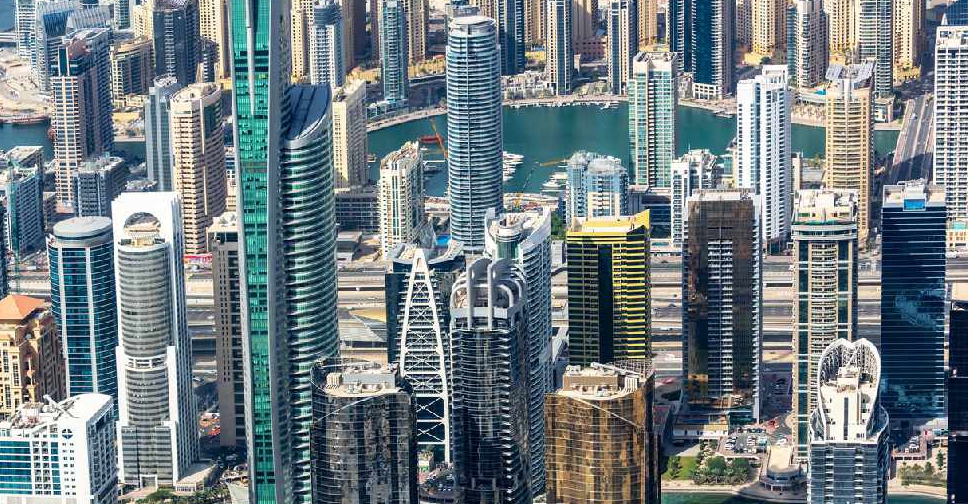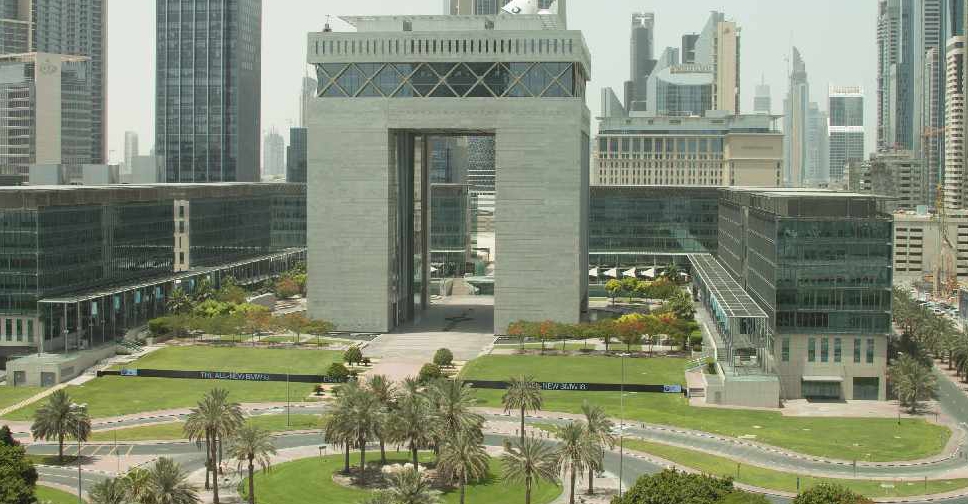
Dubai house prices are set to mostly rise steadily over the next two years, driven by demand from foreign investors, according to a Reuters poll of analysts, who cautioned that higher interest rates and lack of affordable homes could curb activity.
With an economic rebound propelled by higher energy prices and a revival in trade and tourism, the Dubai property market shrugged off a long streak of falls last year and has held on to upbeat momentum since then.
The latest May 11-26 Reuters poll of 13 property market analysts showed a median rise of 7.5 per cent in Dubai house prices in 2022, unchanged from the previous poll taken two months ago.
Market sentiment, lifted by the pandemic easing, "coupled with the successful hosting of the World Expo, the reopening of travel corridors...continues to underpin the market's rebound," said Faisal Durrani, head of Middle East research at Knight Frank.
Data from the Dubai Land Department showed the emirate's real estate sector had its best quarter in more than a decade, with Q1 sales transactions at their highest since 2010.
However, price rises were expected to slow to 4.5 per cent and 3.0 per cent in 2023 and 2024 respectively, bringing stability to the market.
That stands in contrast to several other property markets which have experienced dizzying highs.
"What we have seen last year was more about recovery from the pandemic; this year seems to be slowing down to more healthy growth," said Haider Tuaima, director and head of real estate research at ValuStrat.
When asked what will drive Dubai's housing market this year and next, a majority of respondents, 11 of 13, said demand from foreign investors. Two chose local demand.
These expected price increases, even though modest, will pose challenges for first-time buyers as interest rates were expected to climb higher, hurting affordability.
The Dubai market, where prices are still well below their last peak in mid-2014, faces several downside risks like higher interest rates, lack of supply of affordable homes, and inflationary pressures this year and next.
All but one of 12 analysts who answered an additional question said affordability for first-time buyers in coming years would worsen.
A strong two-thirds majority also said rents in Dubai, which houses a large number of expatriates, will be less affordable in the next two years.
#Dubai house prices are set to mostly rise steadily over the next two years, driven by demand from foreign investors, according to a Reuters poll of analysts. pic.twitter.com/MvBG9r4pZr
— Dubai Media Office (@DXBMediaOffice) May 30, 2022




 Tesla begins hiring in India after Musk and Modi meet
Tesla begins hiring in India after Musk and Modi meet
 DIFC records strongest-ever financial performance in 2024
DIFC records strongest-ever financial performance in 2024
 UAE, Ukraine Presidents witness CEPA signing
UAE, Ukraine Presidents witness CEPA signing
 New AED 25 hour event parking tariffs begin in Dubai
New AED 25 hour event parking tariffs begin in Dubai


